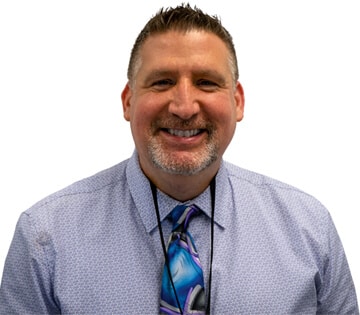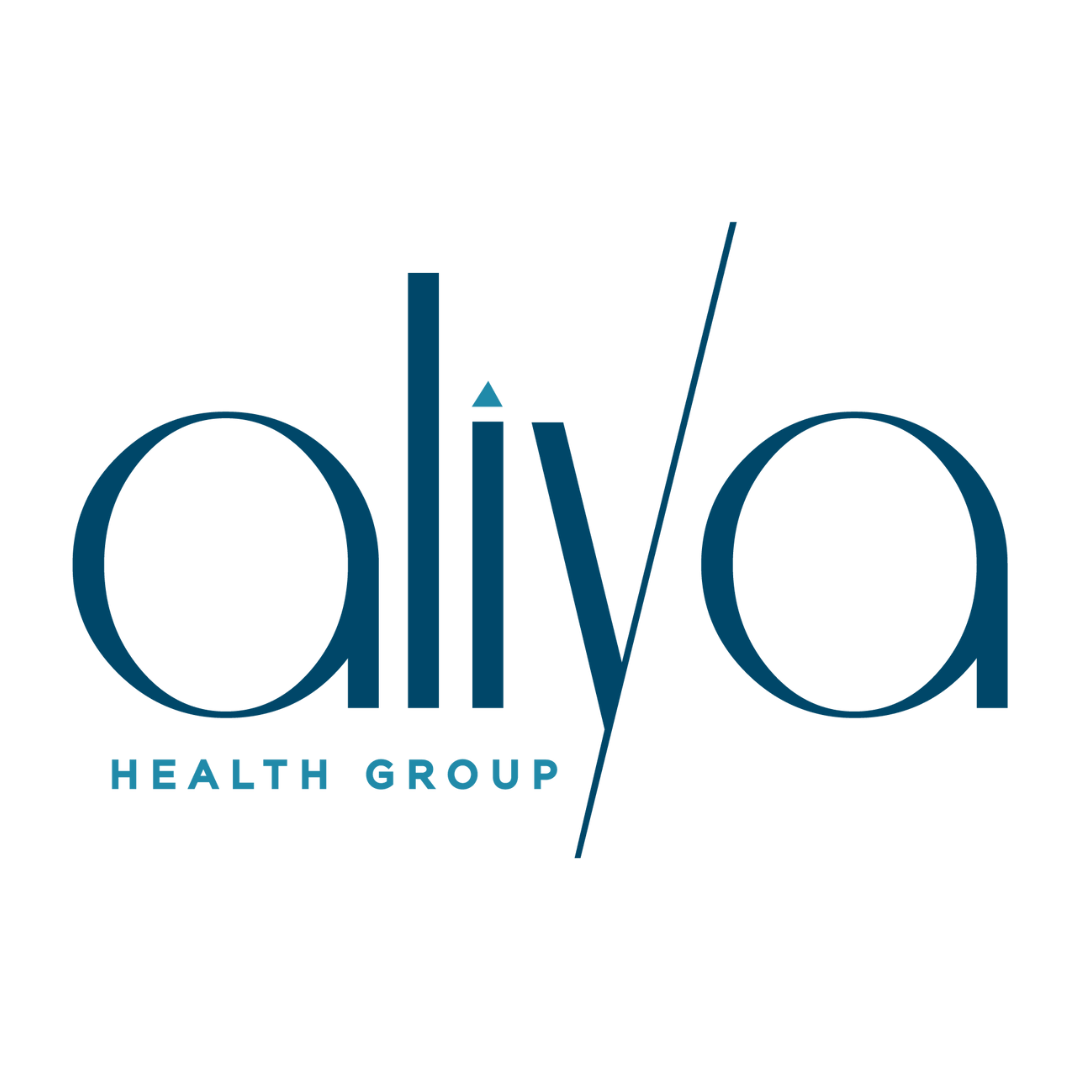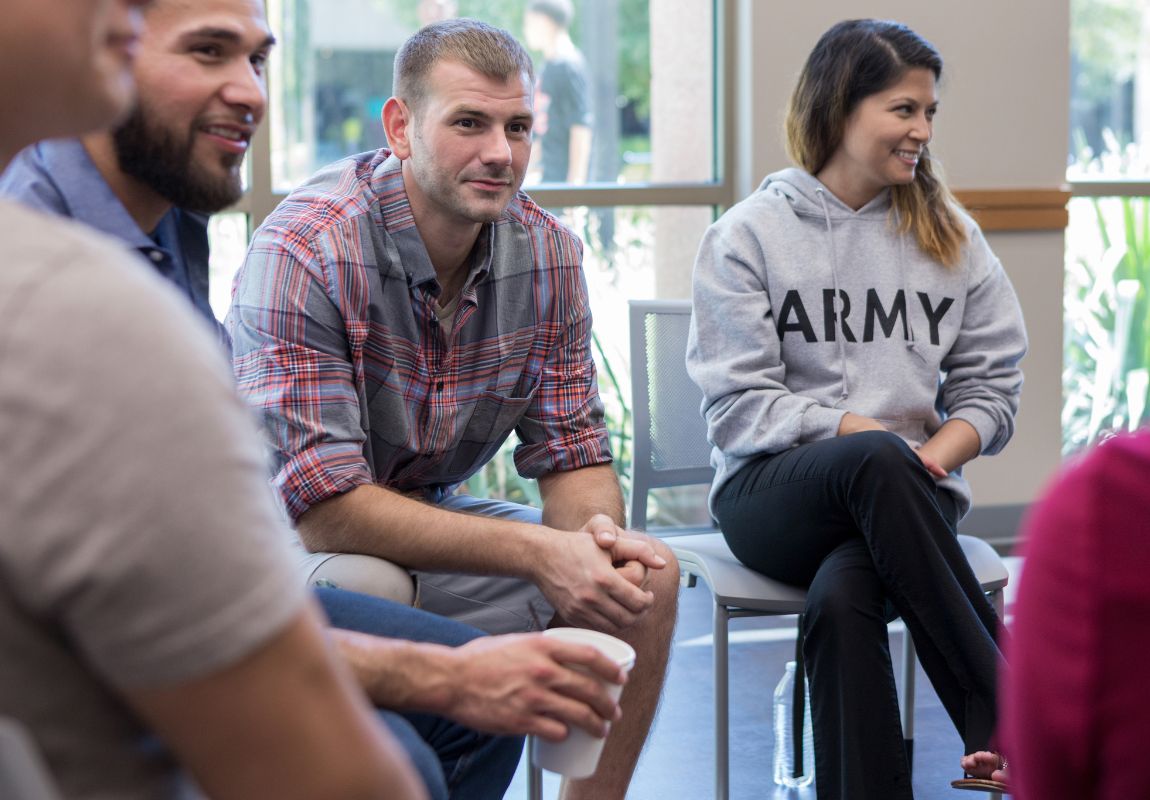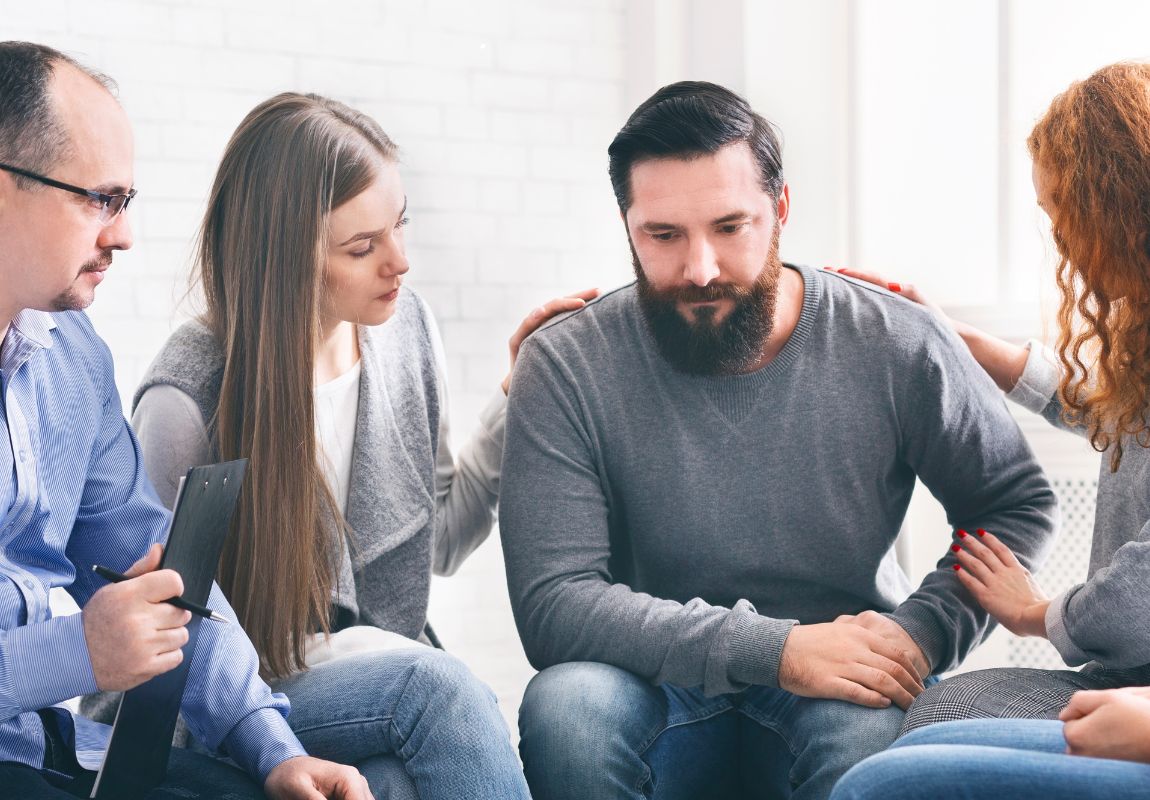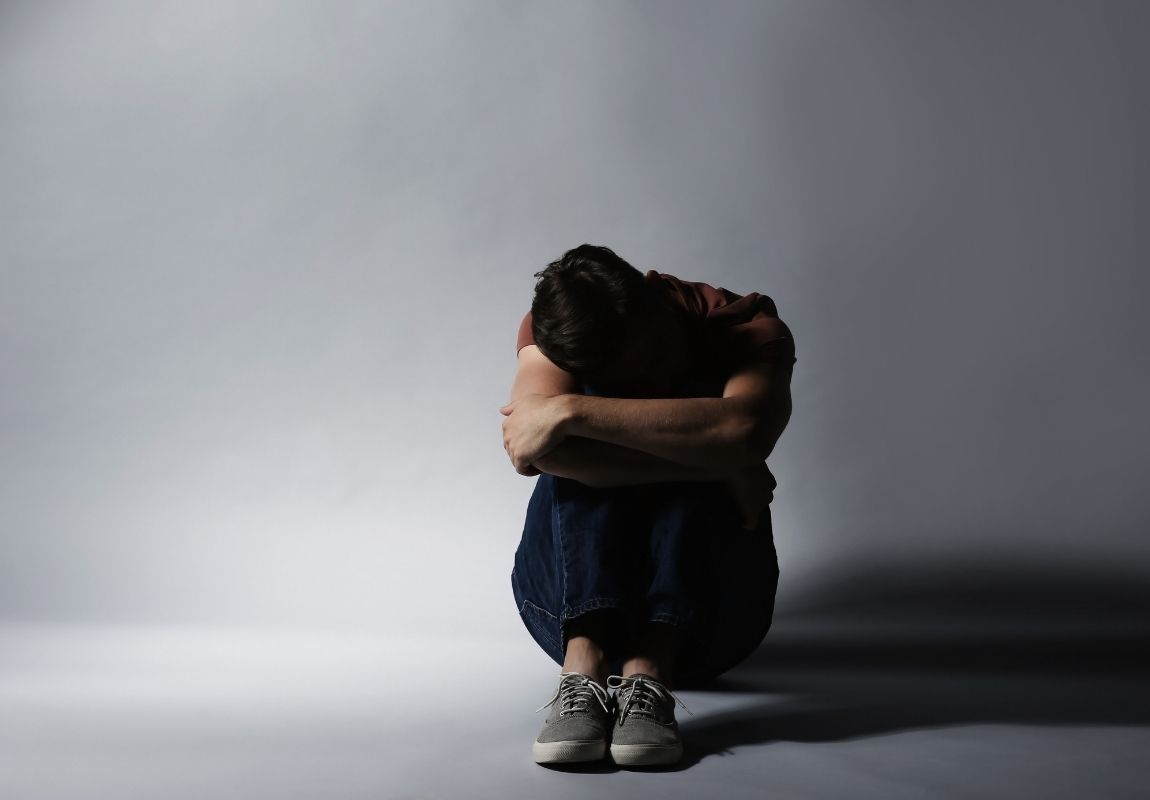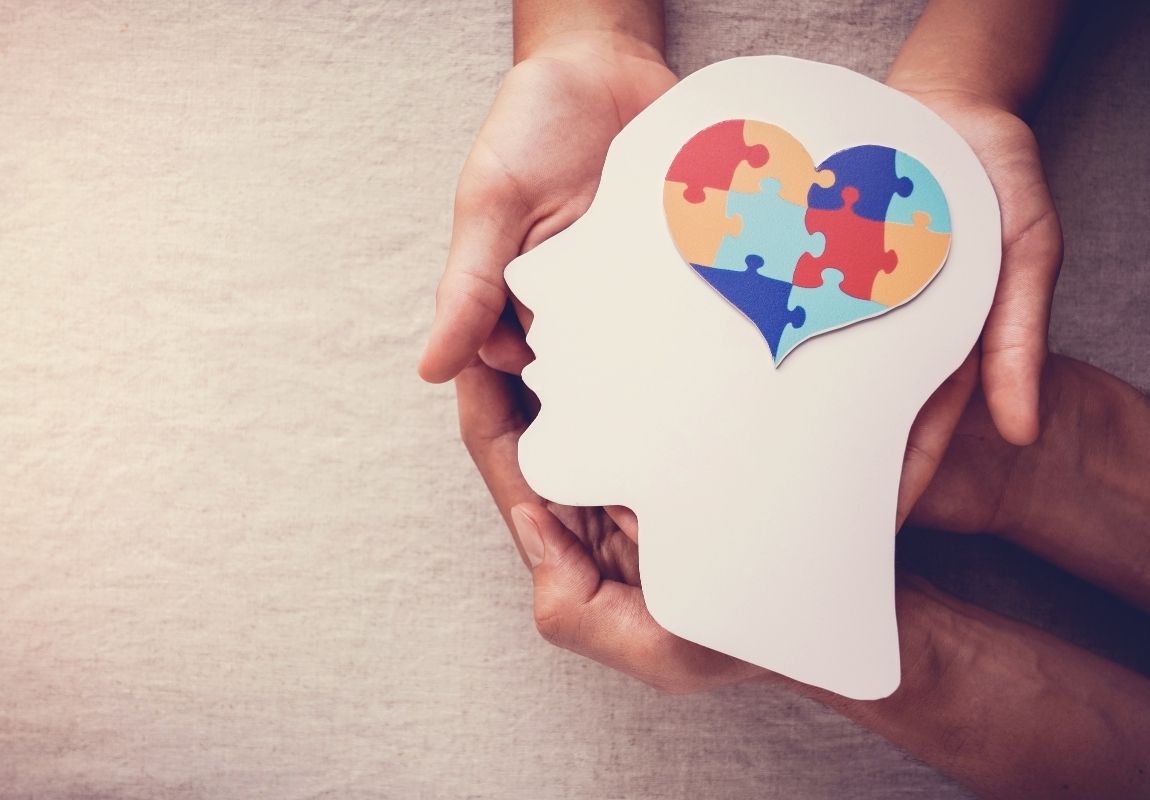In a world where substance abuse continues to take a toll on lives, it’s important to take a moment to remember those who have lost their battle with addiction. Black Balloon Day serves as a reminder of the devastating impact of overdose deaths. It offers a way for communities to come together in remembrance and solidarity for overdose awareness. If you are struggling with substance use disorders, a recovery center can help. Contact Aliya Health Group today and learn more about substance misuse and treatment programs to stop it.
What Is Black Balloon Day?
Black Balloon Day is a celebration of life dedicated to remembering those who have lost their lives to substance overdose. It’s a day of reflection and remembrance that has gained recognition both nationally and internationally.
The idea for Black Balloon Day came from the heartfelt efforts of Diane and Lauren Hurley. They started this observance in memory of Greg Tremblay, who was a beloved father, son-in-law of Diane, and brother-in-law of Lauren. Greg lost his battle with addiction at the age of 38 on March 6, 2015. His passing inspired Diane and Lauren to create Black Balloon Day as a way to honor his memory and raise awareness about the dangers of substance abuse.
Black Balloon Day events take place in communities across the globe. From small gatherings to larger-scale ceremonies, people come together to pay tribute to those who have been lost to overdose. Whether it’s through candlelight vigils, memorial walks, or balloon displays, Black Balloon Day involves uniting and advocating for overdose prevention. It’s a powerful reminder of the importance of supporting individuals struggling with addiction and working toward a future free from the devastation of overdose deaths. Many in the Aliya Alumni community commemorate the day in honor of those they’ve lost to addiction.
When Is Black Balloon Day?
The National Black Balloon Day of Remembrance falls annually on March 6th. Communities around the world hold events and ceremonies to commemorate this day and remember those who have been lost to overdose. It’s a time for reflection, solidarity, and action in the fight against addiction.
What Does Overdose Mean?
Overdose means taking too much of a substance, like medicine or drugs, which can make a person very sick or even cause death. When someone overdoses, their body gets too much of the substance at once, and they can’t handle it properly. This can lead to serious health problems and sometimes death.
It’s important to know that not everyone who overdoses dies. Some people survive a substance overdose, especially if they get help quickly. Medical professionals can give treatments that can help reverse the effects of the overdose and save a person’s life. So, while overdosing is dangerous and can be life-threatening, it doesn’t always result in death.
Get confidential help from our addiction and mental health treatment facilities located across the United States. Call to join one of our quality programs today!
Speak With Our Admissions TeamWhat Drugs Do People Overdose On?
People can overdose on various types of drugs, but some are more commonly involved in overdoses than others. The types of drugs that cause the most overdoses include:
- Opioids: Opioids are powerful pain-relieving medications, but they can also be highly addictive. Drugs like heroin, fentanyl, oxycodone, and hydrocodone fall into this category. According to the Centers for Disease Control and Prevention (CDC), opioids were involved in nearly 70% of all drug overdose deaths in the United States in recent years.
- Stimulants: Stimulants are drugs that increase alertness, attention, and energy. They include substances like cocaine and methamphetamine. While stimulant overdose deaths are not as common as opioid overdoses, they still pose a significant risk. According to the National Institute on Drug Abuse (NIDA), stimulant-related overdose deaths have been on the rise in recent years.
- Benzodiazepines: Benzodiazepines are a type of prescription medication commonly used to treat anxiety, insomnia, and certain other conditions. Examples include drugs like Xanax, Valium, and Ativan. While benzodiazepines are not typically associated with as many overdose deaths as opioids, they can be dangerous when combined with other substances, such as opioids or alcohol.
- Antidepressants: Antidepressants are medications used to treat depression and other mood disorders. While they are generally not considered to be as dangerous in overdose situations as some other types of drugs, overdoses can still occur, especially when someone takes more than the prescribed amount.
It’s important to note that individual factors such as age, gender, and underlying health conditions can also play a role in overdose risk. Understanding the risks associated with different types of drugs is essential for overdose prevention efforts.
How to Remember the People We’ve Lost to Overdose
Remembering those we’ve lost to overdose is an important way to honor their memory and raise awareness about the dangers of substance abuse. Here are some simple ways we can commemorate the lives of those who have passed away:
- Hold a Memorial Event: Organize a memorial event in your community, such as a candlelight vigil or a remembrance ceremony. This brings people together to share stories, offer support, and honor the memories of those who have been lost.
- Create a Memorial Display: Set up a memorial display with photos, candles, and other meaningful items to remember loved ones lost to overdose. This can be a personal and touching way to pay tribute to their lives.
- Display Black Balloons: Blow up black balloons and display them in a visible location to symbolize the lives lost to overdose. Encourage others to participate by adding their balloons or messages of remembrance.
- Share Stories: Provide a platform for people to share their stories and memories of loved ones lost to overdose. Sharing personal experiences can help reduce stigma and create a sense of connection and understanding within the community.
- Support Overdose Prevention Efforts: Get involved in overdose prevention efforts in your community, such as supporting naloxone distribution programs or advocating for increased access to addiction treatment services. By taking action to prevent overdose deaths, we can honor the memories of those we’ve lost and help save lives in the future.
Where Can I Learn More About Black Balloon Day and Overdose Prevention?
If you’re looking to learn more about Black Balloon Day and how to prevent overdose, there are places you can turn to for information and support. One helpful resource is a treatment center that specializes in addiction recovery and support.
Treatment centers have knowledgeable staff who can provide information about a variety of topics related to addiction, overdose, and prevention. They can offer guidance on recognizing the signs of overdose, understanding the risks associated with substance abuse, and accessing support services for those struggling with addiction.
Additionally, treatment centers often have resources available to educate the community about events like Black Balloon Day. They may host workshops, give out informational materials, or offer support groups for individuals and families affected by addiction. Whether you’re seeking information for yourself or someone you care about, treatment centers can be a valuable resource on the journey to recovery and healing.
Looking for quality treatment for substance abuse and mental health that’s also affordable? Aliya Health Group's treatment facilities accept most major insurance providers. Get a free insurance benefits check now!
Check Your CoverageAddiction Treatment at Aliya Health Group
At Aliya Health Group, we want to give people fighting addiction the help they need to stop. Since people need different kinds of help, our treatment centers offer a full continuum of care that includes:
- Medical detox and sub-acute detox
- Inpatient treatment
- Partial hospitalization program (PHP)
- Intensive outpatient program (IOP)
- Outpatient treatment
- Sober living residences
- Aftercare plans
With support, therapy, and the right care, you can break free from addiction and build a better future. Drug and alcohol rehab is the best option for those in need. If you or a loved one are struggling with addiction, call us today at 888-973-2079.


